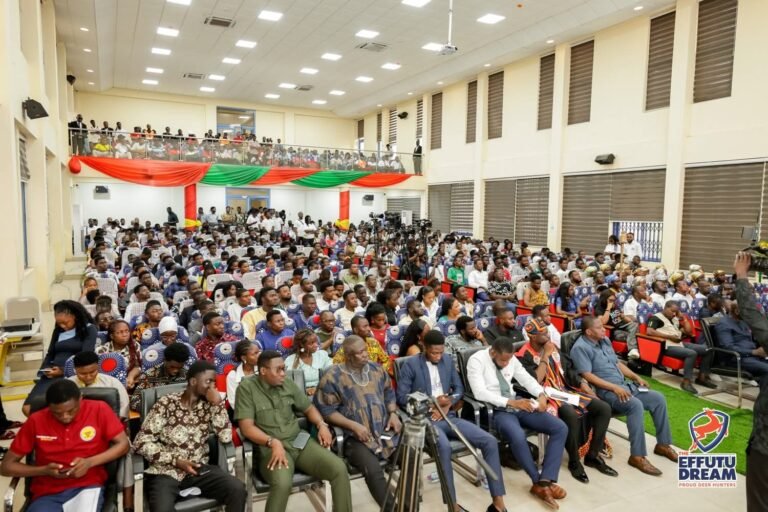
President Akufo-Addo
Today, President Nana Addo Dankwa Akufo-Addo will be speaking to the nation at a time the global community is going through strains and stresses, probably unparalleled in history.
Confronted with what most world watchers consider as the ‘Third World War’, governments are seeking answers to biting challenges that technology has not yet offered answers to, with all the remarkable achievements we have been blessed with in the last half century.
As we would admit, this is not about tangible things that we can order from the internet or through the next ship, train, vehicle and aircraft. It is about how to leap above obstacles that pose a common threat to humanity, including the effects of COVID-19 and the impact of a raging conflict between two brother nations.
Back to normal
Over the weekend, the President announced a return to socio-economic normalcy, assuring that this was time to rebuild society and the economy after painstakingly protecting lives from the Covid-19 pandemic. No one can say that the government failed in protecting lives, even if we are not in agreement about how full or half the glass of water is, going by global accounting indices and benchmarks.
At least, Ghana grew positive, and is still billed to grow positive post-COVID. Not one rating agency has doubted that for 2022 – though concerns have been raised about managing debt to appreciable levels.
The refreshing news is that, globally, governments are now united in one and only one vision – reconstruction. Government after government and leadership after leadership is concerned more about a post-COVID-19 and post-Russia-Ukraine economies than about the next political rally or the next elections.
Positive signals
Indeed, from the US and UK, through France, Canada and Germany back to China and Japan or the South Americas, the larger issue now is about sustaining global development and getting the world’s economy back on track. Nothing more, nothing less!
One European nation, showing exemplary strength in all that, has proposed billions from its budget on rebuilding Ukraine as a major step because of its ripple effect in helping re-ignite Europe and, for that matter, Asia’s economies.
Intriguingly, China, which was seen as a suspect in the insane conflict ongoing in its backyard, has opened up and sent a signal that a united global community cooperating through partnerships is better than allies in needless wars that leave weaker nations behind.
Reconstruction, collective responsibility
As the President engages the citizenry today, it is the hope of the Daily Statesman that the Majority and Minority, as well as polarised political groups and media in the country, will continue emulating the commitment of our global partners in putting reconstruction and global partnerships first and foremost, among other parochial considerations.
We may, as people belonging to political parties, have different programmes for improving lives and livelihoods of people in our constituencies and communities. That is, however, no license for the application of leg-pulling political strategies.
As we witnessed in Parliament yesterday, the people’s representative were somewhat ‘amplified in consensus-building’ in a matter as crucial as revenue mobilisation intended at rolling out a national reconstruction programme – though the Minority walked out at a certain stage.
National duty
Just like the developed nations, we here in Africa or Ghana, for that matter, owe it a collective duty to ourselves, without partisan excesses, to rebuild our nation.
With the likelihood of the global community moving a chunk of its resources to Ukraine to initiate reconstruction efforts after the conflict, we must decide to grow or be orphaned for decades.
It is therefore imperative that our legislators put behind everything and dig deep into themselves by offering the required support in rolling out the E-Levy so that we can sail the ship of state to safe harbour.







